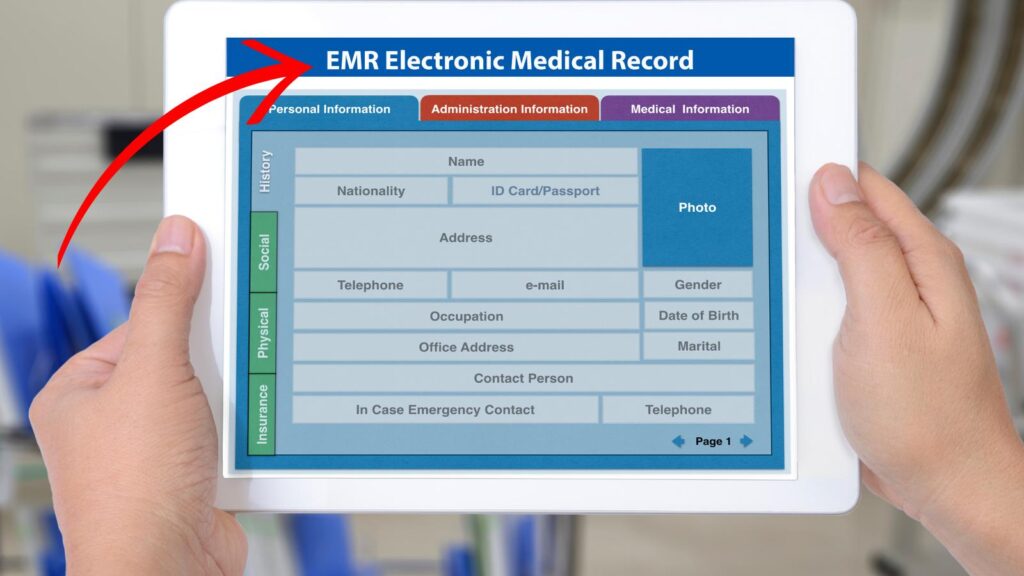Healthcare business planning is essential to operate in today’s market, from doctors’ surgeries to urgent care, drug rehabilitation, and home healthcare. Indeed, there is a great deal of good to be done, and profit to be made by running a healthcare business in the current climate.
However, to run a successful business in this niche, you will also need the following things for success in healthcare. Read on to find out what they are.
Table of Contents
Strategic Planning In Healthcare
Are you starting a new healthcare business? Here’s what you have to do right to create one: planning. First, focus on regulatory compliance. Understand all the rules you need to follow. This isn’t optional; it’s critical.
Next, tackle the financial side. Draft a detailed budget. Know where every dollar is going. Investing in tech is key, too. Efficient systems can streamline operations.
Don’t ignore staff training. Skilled employees make all the difference. Also, consider patient needs. What services will you offer? Are they unique or much-needed? And how will you reach your audience?
A solid marketing plan can’t be an afterthought; it’s essential from day one. Think about partnerships as well. Teaming up with insurers or other providers can expand your reach. Lastly, measure everything. Use data to track success and adjust your strategy as you go.
Regulatory Compliance for Healthcare Business Planning
Navigating regulatory compliance in healthcare business planning isn’t optional; it’s essential. You can’t wing it when it comes to patient data, privacy laws, and industry standards.
Compliance means understanding the rules that govern everything from how you store patient information to how you handle insurance claims. However, please don’t overlook the importance of staying up to date with current laws, as they change.
Miss a step and risk fines that jeopardize your operation’s credibility. Always ask yourself, are we covering all our bases? Your business must plan for compliance as if its life depends on it because, honestly, it does.
Healthcare Business Planning For a Facility
Most healthcare businesses need a place to operate. For a doctor, this can be an office with examination rooms or a part of a larger institution, such as a hospital.
Home healthcare businesses may be the only exception to this rule, as the patient care they offer is off-site at people’s private residences.
Medical Records Facilities/Software
It used to be that healthcare facilities needed to be large enough to house the patients’ paper records, usually in filing cabinets. However, few healthcare facilities now rely on this type of record keeping, instead preferring the speed, reduced space requirements, and convenience of a digitized system.
However, operating a digitized medical records system in your business comes with its challenges; you will need to ensure it is safe from a cybersecurity perspective and HIPAA-compliant.
One option to improve compliance and safety is to grant file access permissions to staff involved in a patient’s treatment. This can limit the number of people who have access to patient files and can easily be revoked if a staff member leaves or is sacked.

Proper Insurances
Insurance is essential for all types of businesses, but in healthcare, where life-and-death situations are everyday, having the right insurance is crucial. In particular, medical malpractice insurance is essential for any healthcare business.
This is because it will provide medical liability coverage, as well as lawyers who can defend your medical professionals should a claim be filed against them.
Medical Apparel and Equipment
Another thing that all healthcare businesses will need is the equipment and medical apparel to operate safely. For example, any healthcare center that offers surgery will need scrubs, disinfectants, and surgical tools.
A rehabilitation facility may not need these items, but it does require personal protective equipment (PPE), sharps boxes, disposable gloves, and sterile syringes.
Then, there are your large pieces of equipment, from high-grade CT scanners and sterilization stations to ambulances and emergency cars (many dealers offer used ambulance for sale, which are significantly cheaper than buying new).
How much money you need to spend will depend on the type and size of your organization.
Healthcare Business Planning: A Great Patient Experience
Sometimes running a healthcare business can be confusing. After all, it does straddle two worlds: medical care and business. This can lead business owners to focus only on the proper care rather than on how it is provided.
What we are talking about here is customer experience, and it’s vital in healthcare businesses because people are already vulnerable and may need uncomfortable or painful treatments.
However, provide a positive customer experience by being patient-led, engaging, and compassionate. You can ensure you retain their trust and that they come back to your business time and time again.
Conclusion: Effective Healthcare Business Planning
Effective healthcare business planning is essential for navigating today’s challenges. You’ve discovered the significance of strategic approaches and careful execution.
Start applying these insights by crafting a clear business plan. Explore ways to refine your strategies continuously to thrive.




